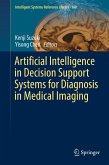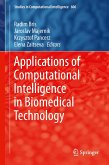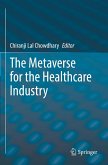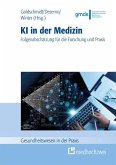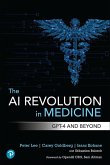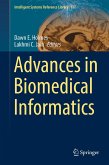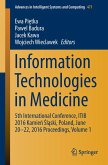This book reveals how human and artificial intelligence (AI) can be blended to augment the capacities of healthcare professionals, thereby enabling them to design their clinical work more effectively and efficiently. It provides a comprehensive overview about where human intelligence and AI overlap and differ, and how they can mutually enhance healthcare outcomes. Case studies illustrate the added value of AI for healthcare providers, patients and caregivers, and provides organizational strategies for implementing change and facilitating usability. It represents a valuable resource, providing insights into implementation strategies, as well as the ethical and legal frameworks relevant to AI integration. Bridging Artificial and Human Intelligence addresses relevant topics impacting the healthcare ecosystem and workforce, serving as a pathway to understanding the complex relationship between the medical use of AI and human intelligence. Its primary target audience is graduate students in healthcare with a foundational understanding of biomedical and health informatics principles. Designed as a textbook, it enhances their understanding and competences in leveraging AI within healthcare contexts while emphasizing the importance of human oversight. Using this text, students will gain insights into the ethical and legal considerations surrounding AI implementation, highlighting the diverse roles humans play in this evolving landscape. A secondary audience comprises clinicians, professionals and decision-makers seeking to understand both the benefits and limitations of AI.
Bitte wählen Sie Ihr Anliegen aus.
Rechnungen
Retourenschein anfordern
Bestellstatus
Storno


